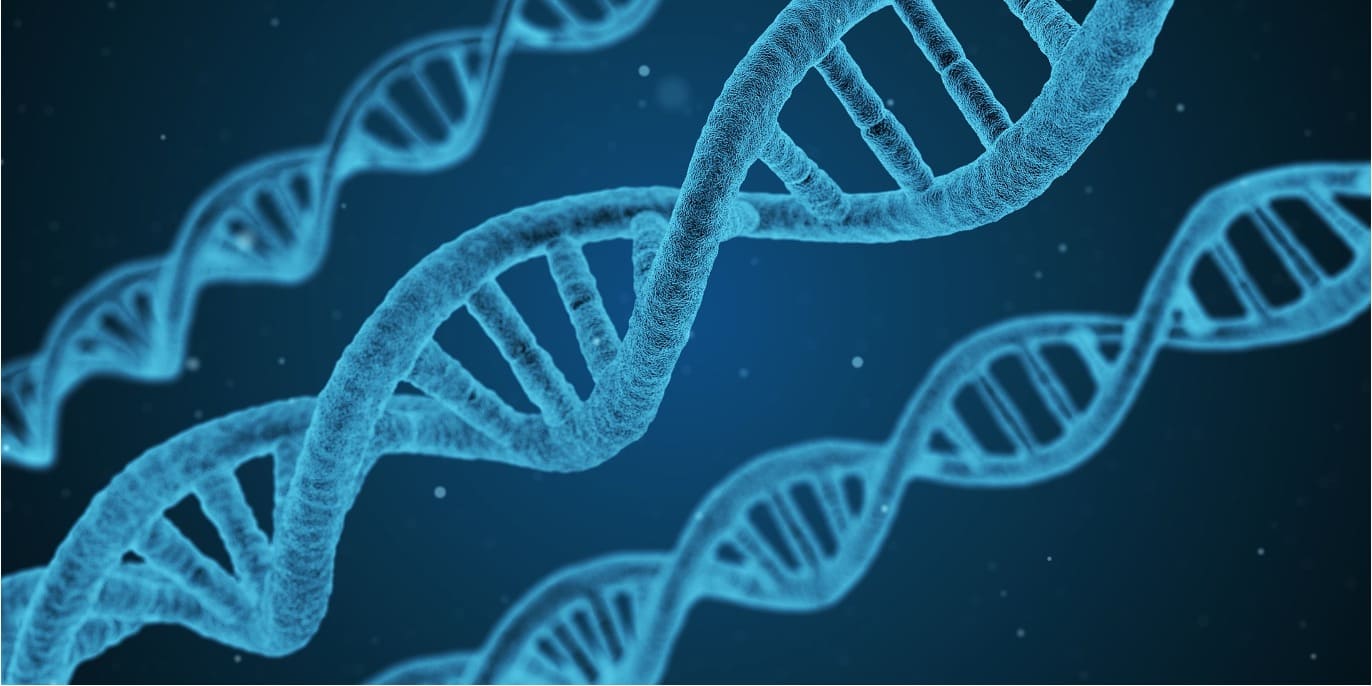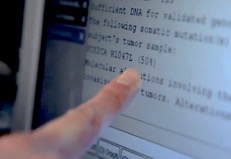- Contact Us
- OCTANE
- CGP@uhn.ca
The Science behind OCTANE
What is Cancer Genomics?
All cancers arise from changes that occur in the DNA of cells. DNA is the chemical set of instructions inside each cell that tells the cell what to do. The complete set of DNA within a species is called the genome. When the DNA instructions have mistakes in them, cells may not function normally and may grow out of control, causing cancer. The study of genes associated with cancer is referred to as cancer genomics. Cancer-causing changes in DNA, called mutations, can be inherited, but most are acquired throughout life. While cancer was once thought of as a single disease that affected many different parts of the body, researchers now know that there are differences in the DNA makeup of cancer cells of each patient and that changes in the cancer's DNA can cause each cancer to have a unique behaviour. That is why two patients who have cancer in the same part of the body may respond differently to the same treatment. Testing for mutations in cancer cells is known as molecular profiling.

Why is Molecular Profiling Important?
Genomic changes in cancer can potentially provide information on the benefits or resistance to certain targeted cancer treatments. We can already see the success of targeted cancer treatments in various cancers, such as the use of imatinib in chronic myelogenous leukemia (CML); trastuzumab in human epidermal growth factor receptor-2 (HER2) amplified breast cancer; and epidermal growth factor receptor (EGFR) inhibitors in lung cancers.
By looking at the molecular profile of many tumor samples from many different patients, we will be able to gain a better understanding of what makes one cancer different from another, which is important because it will help explain why two patients with the same type of cancer may respond very differently to the same treatment. By connecting specific genomic changes with specific outcomes, we will be able to develop more effective and individualized ways of treating each cancer patient.
OCTANE offers molecular profiling free-of-charge for study participants. The profiling results may help your oncologist identify which clinical trials of new drug treatments may be most appropriate for you in the future and may also guide the use of approved treatments that may potentially benefit you. Additionally, your de-identified results will be added to a province-wide registry of targeted gene sequencing testing results that will be made available to cancer researchers. The researchers hope the information learned from this study will help other patients in the future.

How will we develop analytical tools?
In OCTANE 2.0, we plan to analyze the behaviour of your cancer over time by studying changes in biomarkers and radiological images. Biomarkers are specific features of your cancer that may help provide prognostic information (e.g., how well you will be regardless of the treatments given) or provide predictive information on how well your cancer will respond to certain drugs or treatments. This study involves a specific type of biomarker testing known as gene sequencing, where a set of genes or gene regions from your cancer tissue and from the DNA released from your tumor cells in your blood, undergoes DNA sequencing to identify mutations in your cancer. This study also involves studying features from radiological images (such as those from CT scans or MRIs) to assess changes over time that are not visible to the naked eye using complex machine learning methods. This is called radiomics.
The data collected in this study will be used to develop analytical tools to more accurately predict whether treatments will be effective and identify patients who have a higher risk of relapse or progression.